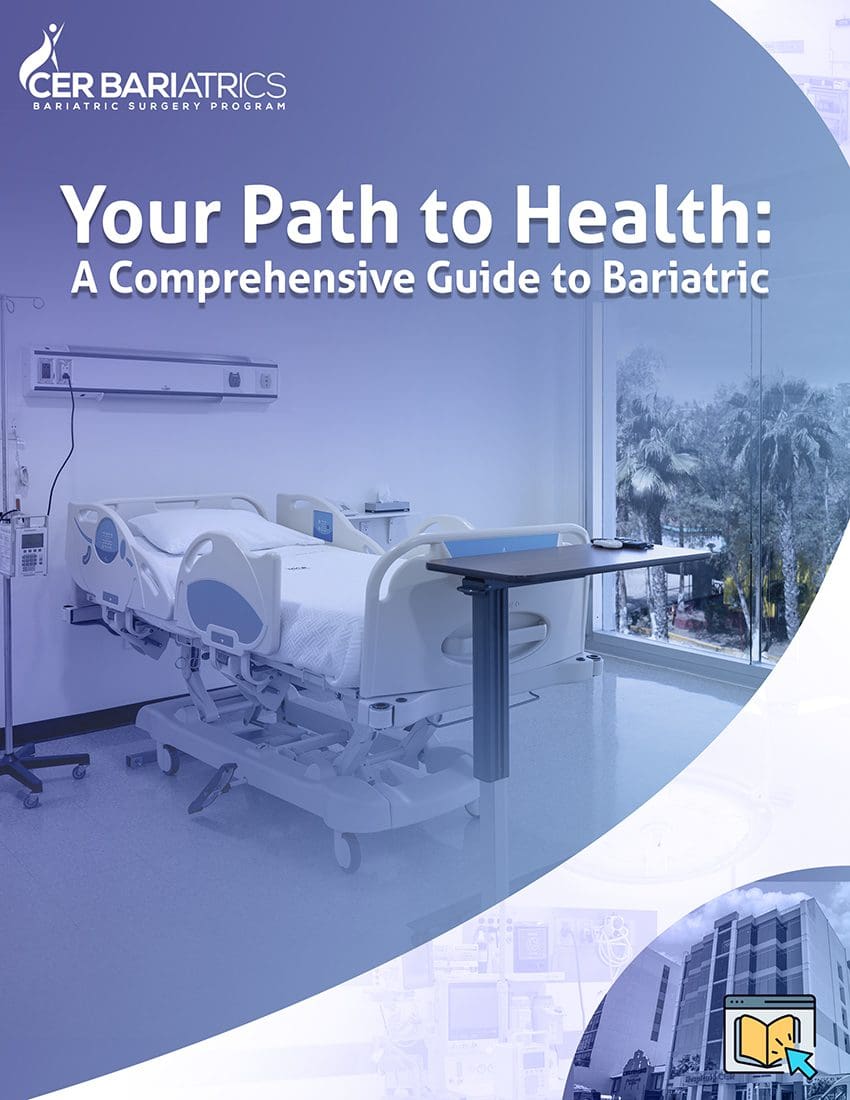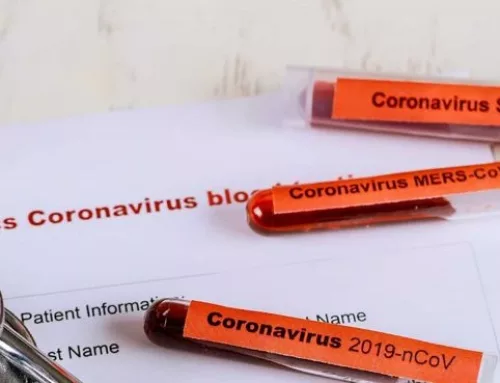The pursuit of that ideal, svelte figure with a trim waistline and toned physique has given rise to a booming industry of fat burner weight loss supplements. In this article, we’ll delve into one such category of products—fat burners—and examine their efficacy, potential side effects, and suitability, especially in the context of bariatric surgery.
The Proliferation of Weight Loss Supplements
The weight loss industry is flooded with a multitude of supplements promising miraculous results. Among these, fat burners have gained significant popularity. They are often marketed as the key to shedding unwanted pounds quickly and effortlessly. But do these supplements live up to their claims, and are they safe to use? Let’s explore the world of fat burners to find out.
What Are Fat Burners?
Fat burners, as the name suggests, are dietary supplements designed to enhance the body’s ability to burn fat. They typically come in various forms, including pills, capsules, or powders, and contain a blend of ingredients believed to facilitate weight loss. These ingredients may include caffeine, green tea extract, yohimbe, and carnitine, among others.
Mechanisms of Fat Burners
Fat burners employ several mechanisms to assist in weight loss, which include:
Increasing Metabolism
One of the primary functions of fat burners is to boost metabolism, leading to increased calorie expenditure. This heightened metabolic rate can potentially aid in shedding excess pounds.
Releasing Energy from Adipose Tissue
Fat burners are also thought to release stored energy from adipose (fat) tissue, making it available for the body to use as fuel during physical activity.
Reducing Fat Absorption
Some fat burners claim to reduce the absorption of dietary fats in the digestive system, leading to lower calorie intake from fat-rich foods.
Appetite Suppression
Another purported mechanism is appetite suppression, which can help control calorie consumption by reducing feelings of hunger.
The Placebo Effect of Fat Burners
It’s important to note that fat burners often contain stimulants like caffeine, which can provide a temporary boost in energy and alertness. This perceived increase in energy may lead to a placebo effect, where users feel as though the supplements are working, even if the actual impact on fat loss is minimal.
Do Fat Burners Actually Work?
The Illusion of Fat Cell Burning
Despite their name, fat burners do not directly “burn” fat cells. Instead, they aim to create conditions that make it easier for the body to lose weight.
The Role of Exercise and Diet
The effectiveness of fat burners is often dependent on a person’s overall lifestyle. In most cases, combining fat burners with a healthy diet and regular exercise is necessary to achieve meaningful weight loss.
The Limited Impact of Thermogenic Fat Burners
Thermogenic fat burners, which increase body temperature to enhance calorie burning, may have a limited impact when used alone. Studies indicate that their effects on long-term weight reduction are minimal without a comprehensive approach to weight management.
Ineffectiveness of Fat Burners Alone
Using fat burners as a standalone solution without making dietary and lifestyle changes is unlikely to yield significant results. These supplements should be seen as complementary tools rather than magic pills for weight loss.
Side Effects of Fat Burners
Lack of FDA Regulation
One concerning aspect of fat burners is the lack of strict regulation by the U.S. Food and Drug Administration (FDA). Unlike pharmaceutical drugs, these supplements do not undergo the same rigorous testing and oversight.
The Dangers of Stimulating Ingredients
Many fat burners contain stimulants, which can lead to a range of adverse effects, including increased heart rate, jitteriness, and restlessness.
- Cardiovascular Risks: Users of fat burners have reported cardiovascular issues, including high blood pressure and an elevated risk of heart problems.
- Sleep and Gastrointestinal Issues: Sleep disturbances and gastrointestinal problems are among the common side effects associated with fat burner use.
- Rare but Severe Side Effects: While not common, some individuals may experience severe side effects from fat burners, including: Liver Failure, Fluctuations in Blood Pressure, Anxiety and Insomnia
Do Fat Burners in Smoothies Work?
In recent years, a new trend has emerged in the world of health and fitness—fat burner smoothies. These beverages claim to combine the goodness of smoothies with the fat-burning properties of supplements. But do fat burners in smoothies really live up to the hype? In this section, we’ll explore the concept of fat burner smoothies, their potential benefits, and whether they can truly help you on your weight loss journey.
Can I use fat burners after bariatric surgery?
Dehydration and its Consequences
Bariatric surgery patients are particularly vulnerable to dehydration, as their stomach size has been reduced. Fat burners, known for their diuretic effects, can exacerbate this issue. Dehydration can lead to a range of problems, including headaches, fatigue, and kidney strain. Therefore, the use of fat burners after bariatric surgery should be approached with extreme caution.
The Risk of Weight Gain Relapse
Fat burners may provide initial weight loss, but they are not a sustainable solution. In fact, relying on these supplements post-bariatric surgery could increase the risk of weight gain relapse. The metabolic adaptations caused by fat burners can lead to a cycle of dependency, making it challenging to maintain weight loss over time.
Dependency on Fat Burners
Using fat burners can create a dependency, where your body becomes reliant on these supplements to achieve desired weight loss results. This can lead to a troubling scenario where you feel unable to lose weight without continuous use of fat burners.
Hormone Imbalances and Mental Health
Fat burners can disrupt hormonal balance, which plays a crucial role in overall well-being. These imbalances can lead to mood swings, depression, and anxiety. Mental health should be a top priority, especially after bariatric surgery, and the potential effects of fat burners on mental well-being should not be overlooked.
Consultation with a Physician
If you’re considering the use of fat burners after bariatric surgery, it is imperative to consult with your healthcare provider. They can assess your specific situation and provide guidance on whether these supplements are safe and appropriate for you. Your physician can also offer alternative weight loss strategies that prioritize your long-term health.
Conclusion
The Verdict on Fat Burners
In conclusion, the effectiveness of fat burners remains a topic of debate. While they claim to assist in weight loss through various mechanisms, their actual impact may not be as substantial as advertised. The key takeaway is that fat burners should not be relied upon as a standalone solution. Instead, they can be considered as supplements to a well-rounded weight loss plan.
The Safer Paths to Weight Loss
If you’re seeking a safer and more sustainable path to weight loss, it’s advisable to focus on lifestyle changes. Adopting a balanced diet, increasing physical activity, and consulting with healthcare professionals can lead to better long-term results without the potential risks associated with fat burners.
Final Recommendations
In the journey to achieve your weight loss goals, it’s crucial to prioritize your health and well-being. Before considering fat burners or any weight loss supplements, consult with a healthcare provider who can provide personalized guidance based on your unique circumstances. Remember that a holistic approach that includes a healthy diet and regular exercise is the most effective way to achieve lasting weight loss.
Related Post
Learn how to kickstart your weight loss journey



